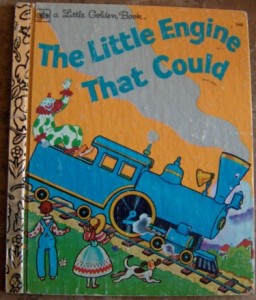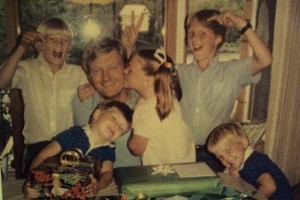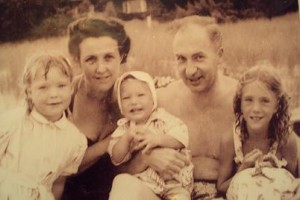Although Nate and I were fans of public TV when we lived in the Chicago area, here in Michigan I’ve become a devotee of public radio instead. That’s a result of not being able to receive a television broadcast signal, along with being stubborn enough not to get cable. Whatever the reason, I’m thankful for NPR.
Today I listened to an interview of two widows who had both written about their experiences, one having been alone four years, the other 18 months. The show was entitled “The Daily Challenges Of Learning To Be A Widow.”
I knew the program was coming and had structured my day to listen, readying a pile of ironing beforehand. The minute these two ladies came on the air, although both were strangers to me, I felt an immediate kinship. Other widows called in with questions and comments, and my heart bonded with each one.
For example, one asked about wedding rings, how to know when it was time to take them off. The two writers gave opposite answers. One said she hadn’t taken them off yet and had actually begun wearing her husband’s ring, too. The other said she’d taken her rings off only one month after her husband’s death, because she wanted to look at her hand and be reminded of what had happened, rather than forget even for one instant.
These widows also discussed the question, “What is my new place in life?” The answers vary and only come with a great deal of introspective work and the painful passing of time. Unlike in a divorce, marriage had been most widows’ happy place to be.
They also tackled the question, “How much do I rearrange my life and how soon?” One call-in widow had to move out of her home immediately, because she kept thinking her husband might walk through the door he’d walked through so many times before. Of course she knew he wouldn’t, but the pain of forgetting then remembering was a roller coaster she chose not to ride.
Many widows have email addresses with their husband’s name in them. They have to ask, “Is it more helpful to delete his name or leave it as a comforting reminder of him?”
A younger widow talked of the stress of raising children alone. While that was being discussed, an older widow pointed out that having children, though taxing, forces a widow to stay in the mainstream, eating regular meals, structuring sleep and wake times, and attending happy childhood functions. An older widow often loses interest in cooking just to eat alone, and she might start keeping crazy hours.
At the conclusion of the program I felt better than I had at the start. It was encouraging to know women all over the world (245 million of them) are trying to build new lives without their mates, just like I am. And because the first Baby Boomers are moving through their sixties, there will be many more.
Although none of us widows have identical fact-sheets, our responses to widowhood are often shared. I’m sure there were sympathetic head-nods at the end of every radio wave today. And without even meeting each other, we became friends.
“The Lord your God is God of gods and Lord of lords, the great God, mighty and awesome… He defends the cause of the fatherless and the widow.” (Deuteronomy 10:17,18)




